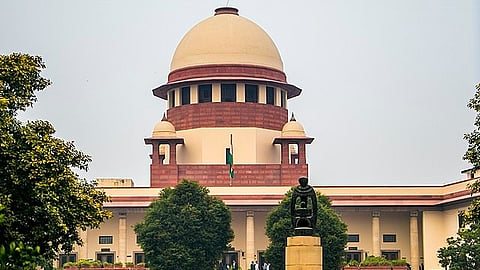During the recent hearing, the Supreme Court criticized Baba Ramdev and Acharya Balkrishna, the managing director of Patanjali, for their absolute defiance in failing to submit proper affidavits of compliance and for disregarding legal directives. Additionally, the Court chastised Patanjali's medical practitioner for calling the Drugs and Cosmetics (Magic Remedies) Act "archaic."
Despite Ramdev's attorney extending a personal and unconditional apology before the court, Justices Hima Kohli and Ahsanuddin Amanullah declined to acknowledge the apology and emphasized the seriousness of the issue. The Court has granted Patanjali a final opportunity to file affidavits within one week and mandated their presence at the next hearing on April 10.
The Indian Medical Association (IMA) has highlighted several ads by Patanjali that allegedly portrayed allopathy and doctors negatively, intending to mislead the public. The association argued that these ads implied that medical practitioners themselves were dying despite taking modern medicines.
In response to the situation, the Supreme Court has ordered the Drugs and License Department to be added as a party to the case and has made the state of Uttarakhand a party as well. The Court's actions reflect its commitment to upholding the law and ensuring that misleading advertisements do not mislead the public or undermine public health efforts.
Overall, the Supreme Court's scrutiny of Patanjali's misleading advertisements underscores the importance of responsible advertising practices and the need for strict enforcement of laws governing the promotion of medicinal products.
(Rehash/ Susmita Bhandary)


